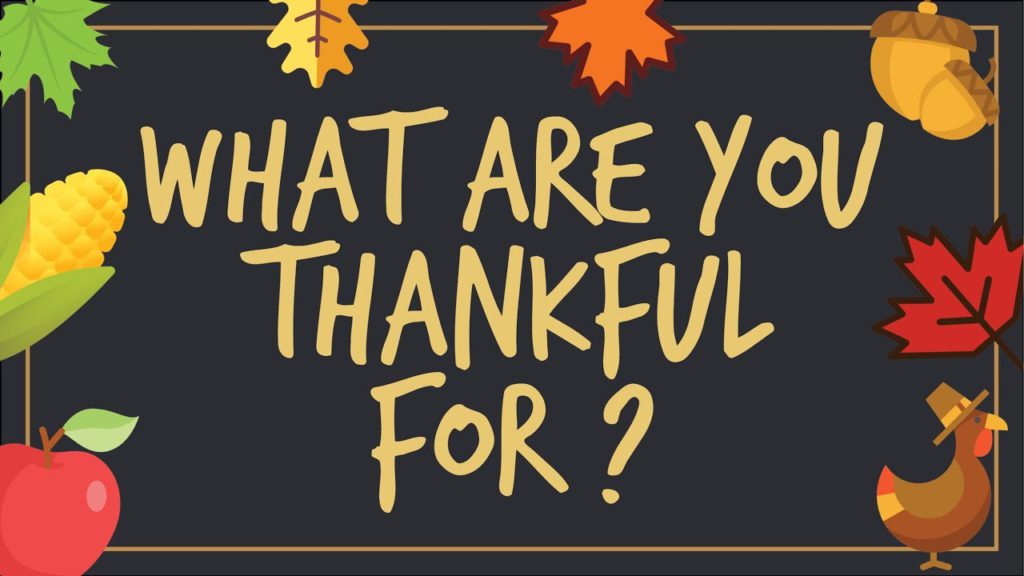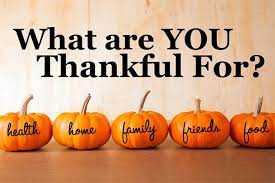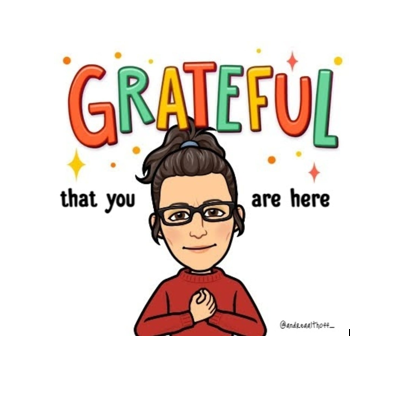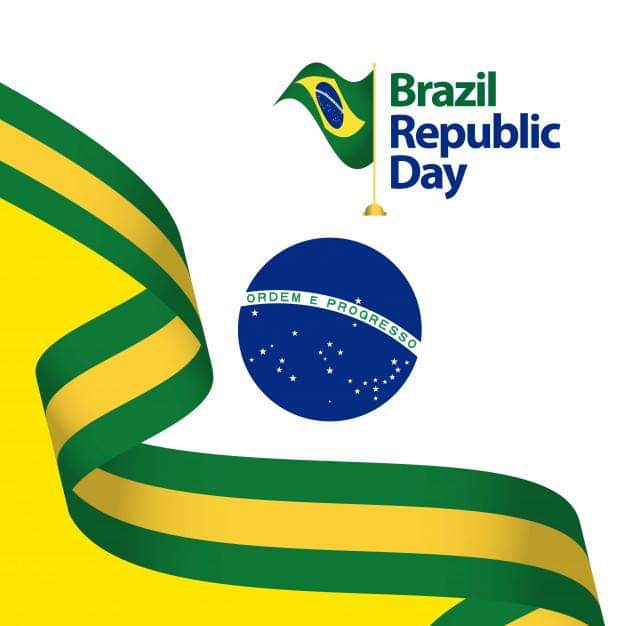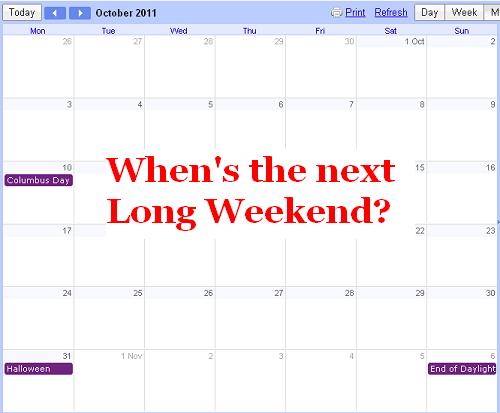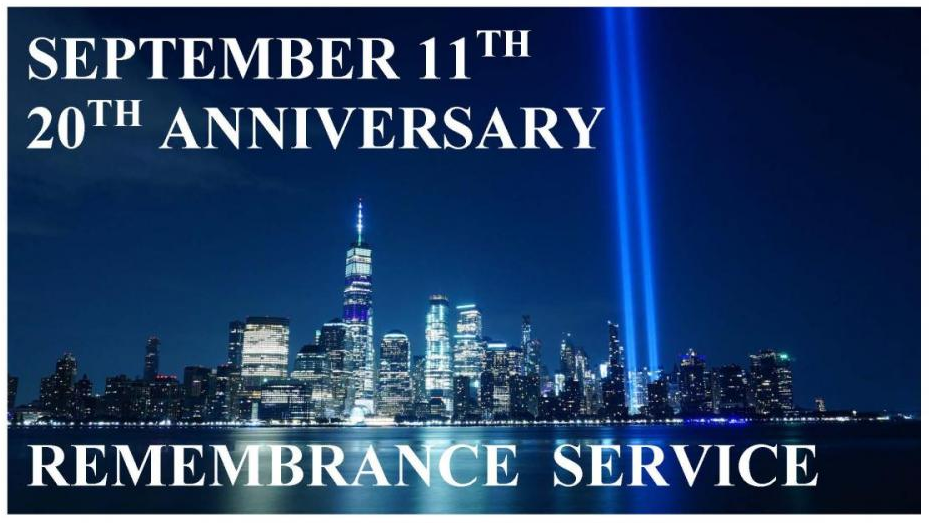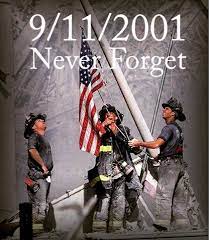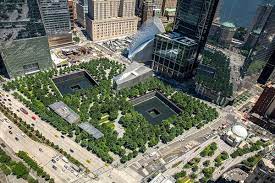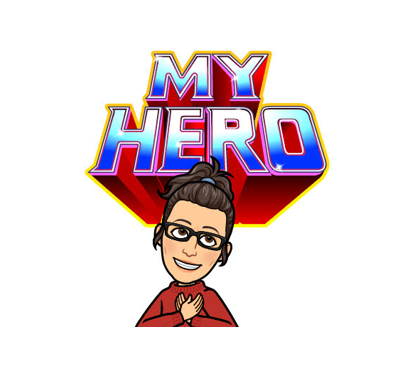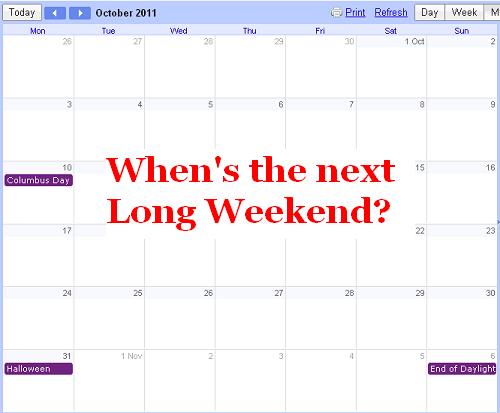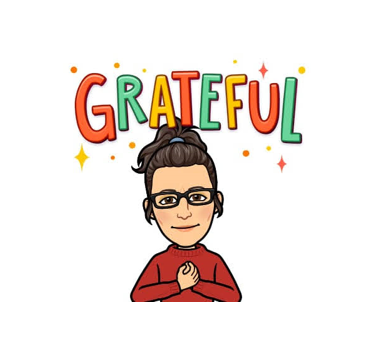
The end of the year is a great time to look ahead and draw up (make/put together)a plan for what to do next. But first, let’s go back to what happened this year.
What are you most grateful for in 2021?
How did this person/experience/thing impact your life?
What are the other things you’re grateful for in 2021?
Gratitude benefits us on many levels. It’s good for emotional balance and positively affects our personality.
It also helps us appreciate the things we have, do, and are in our lives, giving us the chance to feel good about them rather than focusing on the feeling that keeps telling us we need to have, do and be more.
Cultivating gratitude increases well-being, happiness, energy, optimism, and empathy.
This is what makes it onto my 2021 grateful list:
- Being alive: my family and I, and all the people I care for;
- My daughter: so proud of her! She’s facing challenges, in a foreign country, all by herself, and beautifully achieving her full potential;
- My dear students, former and current ones. Each one is unique, and I’m grateful for the chance to help them with their goals;
- Every person or being who made me smile, who offered me help, who taught me something, who showed me a better way to be or to do something;
- Food and shelter;
- My effort to set the time to make progress in my studies, to think, to self-reflect;
- New challenges and accomplishments, although simple for others;
- Making the most out of good and bad experiences;
- Finding joy in the most simple, tiniest details and this world’s natural beauty;
- What has gone and what is yet to come.
This video, A Good Day, was recorded fourteen years ago and watched over 1 million times. It features Brother David, a highly-respected Benedictine monk, author, and spiritual leader, and is a blessing to all those with “eyes to see and ears to hear.” Look, listen, and feel inspired by this powerful message on grateful living.
And if you want more, Brother David says that the one thing all humans have in common is that each of us wants to be happy. And happiness, he suggests, is born from gratitude. Below is an inspiring lesson in slowing down, looking where you’re going, and above all, being grateful.
It is a listening and reading practice if you work on the transcript. You can find it in English and Portuguese if you need it. Look up the words you don’t know.

